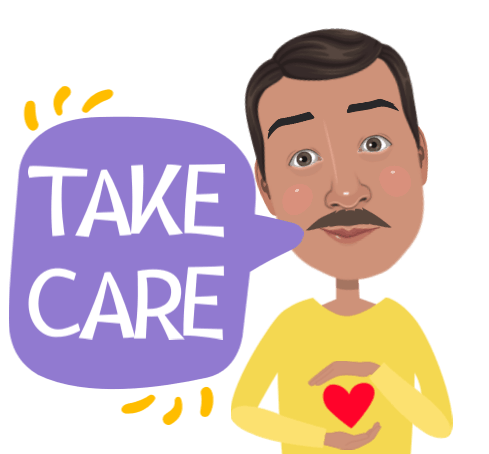Reading Time: 3 minutes
Caring for someone with a mental illness is a daunting task and have negative consequences for caregivers, a phenomenon known as caregiver burden. A caregiver is a family member or paid helper who regularly looks after a child or a sick, elderly, or disabled person. Most often mental illnesses do not only affect individuals but entire families as well. Sometimes, taking care of those who are ill becomes prioritized over one’s own well being. In a country like India almost all forms of long term sickness is provided by the family.
If the stress of caregiving is left unchecked, it can take a toll on the health, relationships, and state of mind of he caregiver eventually leading to burnout, a state of emotional, mental, and physical exhaustion. And when you get to that point, both you and the person you’re caring for suffer.
www.helpguide.org
If your loved one sick and needs your help, remember that taking care of yourself isn’t a luxury, it is a necessity. You need to spend some time on yourself, you need to be okay.
It is important to identify the signs of caregiver stress so that you can be proactive and prevent it from getting worse on the long run.
The signs of caregiver stress and burnout
- Feeling tired and run down .
- Overreacting to minor nuisances .
- Feeling irritable, angry or emotional.
- Neglecting your own health.
- Feeling sleep deprived.
- You feel helpless and hopeless.
- Unable to feel pleasure in anything.
- Recurrent infections and nigglings aches and pains
Assess the level of your stress, take a short quiz.
There are five essential steps to avoiding caregiver burn out.
- STAY CONFIDENT – Remember that even if the sky is falling, you are still in control over what you do.
- PRIORITIZE YOURSELF – Make sure your needs are met.
- SELF PRESERVE – You deserve to be happy, there needs to be no guilt associated with it.
- SEEK HELP – Be vocal in asking for help, say “yes” when someone offers to help.
- DO NOT BEAT YOURSELF UP !
Your are still in control
You may not be in control of your loved one’s health or behavior. But remember that you are and will always remain in control of what you do about it. A helpful way to cope with things that are out of our control is to practice acceptance. Acceptance is not defeat on submission. You have to know where you are to get to where you want to be. Make a list of challenges you face, or a list of things that could make your feel better. Start running down that list, with each item that is taken care of, you will slowly realize that you have far more control than you ever realized.
You are your number one priority
Everyone has needs. All of us need to eat on time, we need to sleep on time, we need to take care of out physical and mental health. We need to socialize and we definitely need a hug or two. Sometimes, out duties as caregivers make us feel like we do not deserve to fulfill our needs. Unless our needs are fulfilled, we will be unable to care adequately for anyone. You are important, please fight to take care of yourself !
You deserve to be happy
When a loved one is ill, it somehow seems “illegal” to smile. You are doing the best you can, and you deserve to experience happiness and pleasure like everyone else. Make some time for activities that are enjoyable to you, whether it’s reading, working in the garden, tinkering in your workshop, knitting, playing with the dogs or going on date.
Be vocal about the help you need
Don’t be afraid to ask questions. Don’t be afraid to ask for help when you need it. I do that every day. Asking for help isn’t a sign of weakness, it’s a sign of strength. It shows you have the courage to admit when you don’t know something, and to learn something new.
Barack Obama

Please be nice to yourself
You are doing your best to care for your loved one. You are doing your best to care for yourself. And sometimes despite or best efforts, things may go wrong. These are the times when we need to remember to be nice to ourselves.
Go above and beyond for yourself! You do it for family, friends, and colleagues, but don’t forget about YOU. It’s important to include yourself… You are worthy of your own kindness, too!”
Stephanie Lahart
Posts you may be interested in